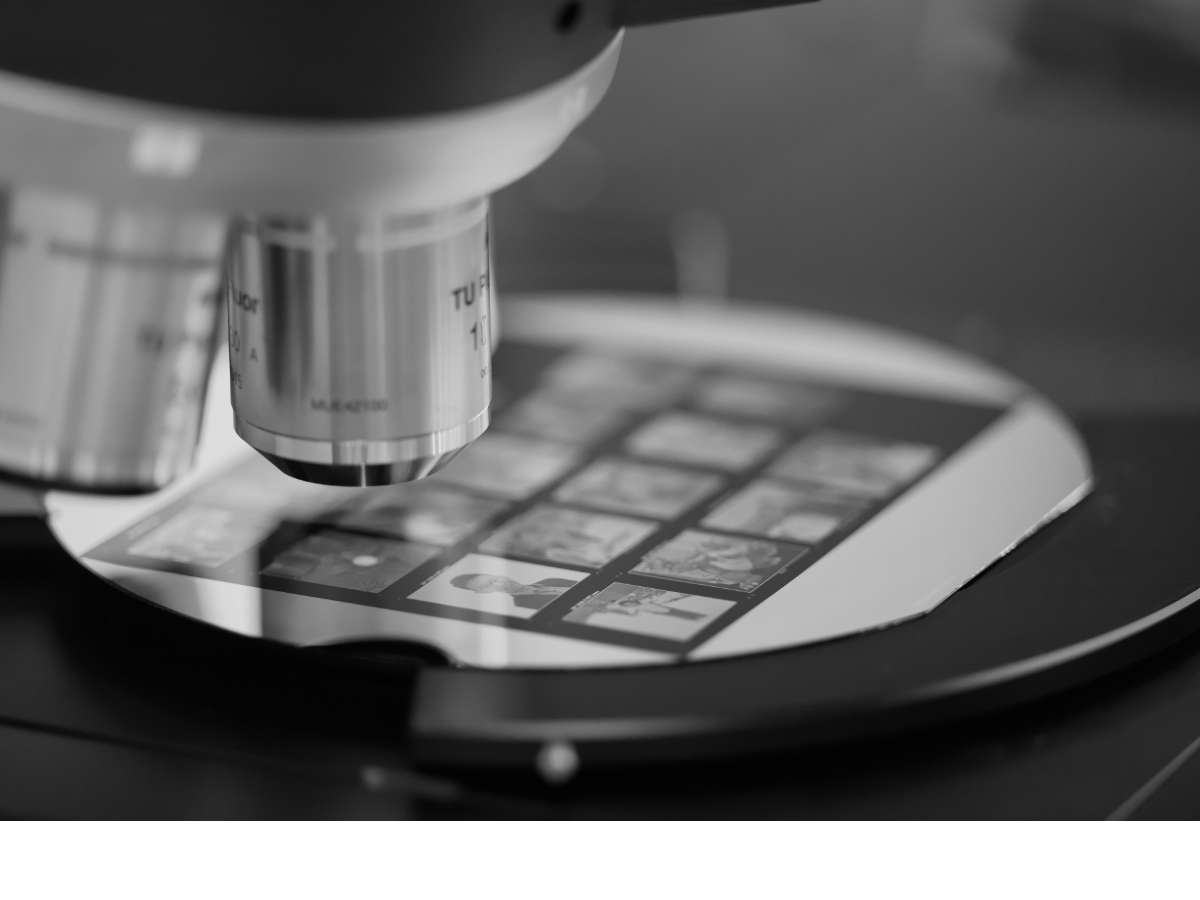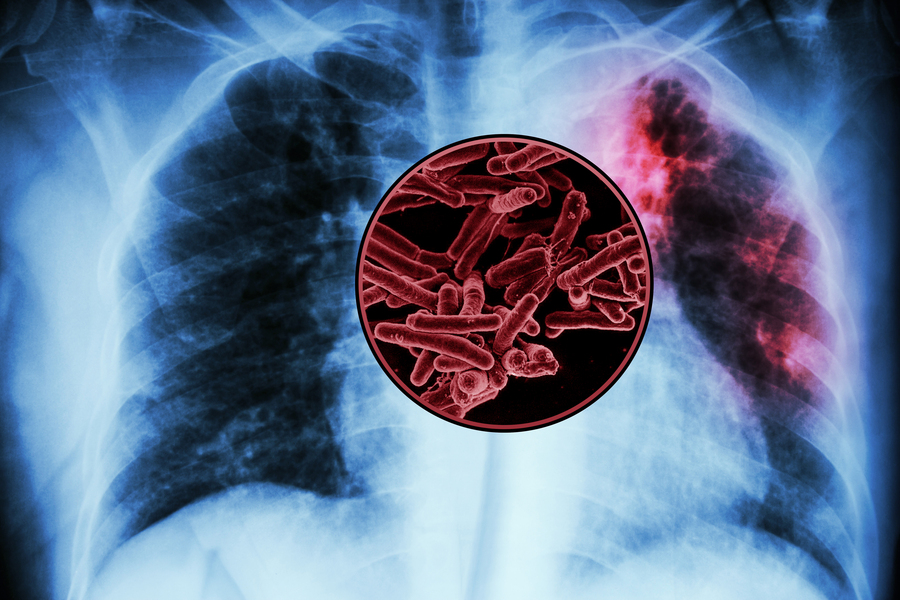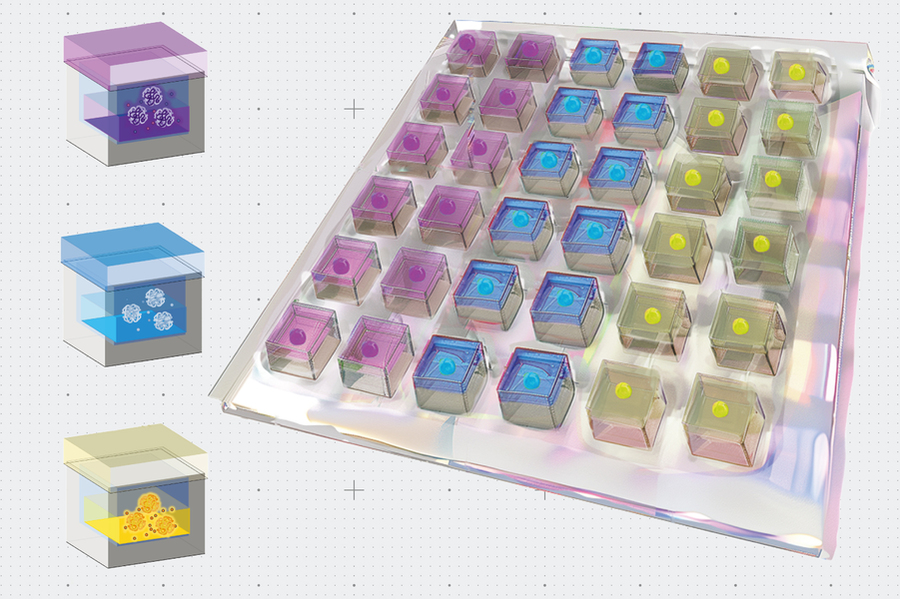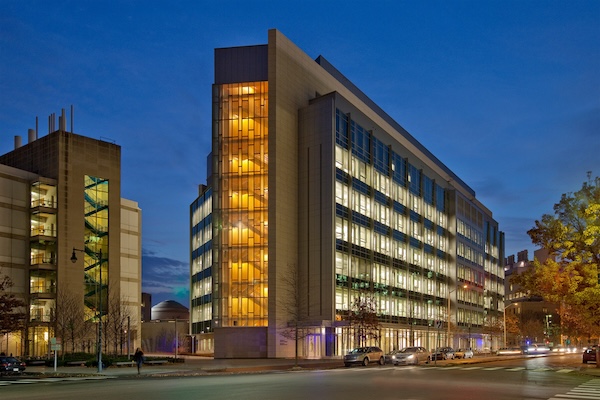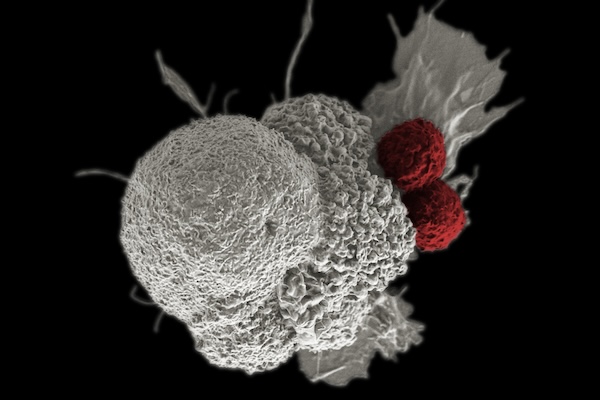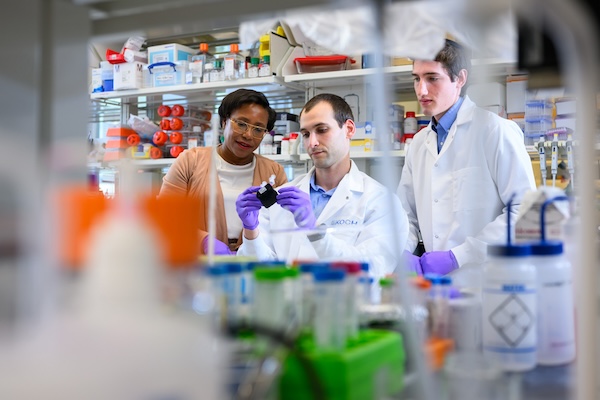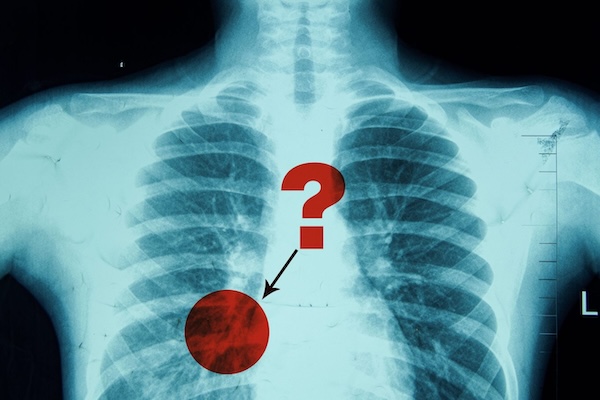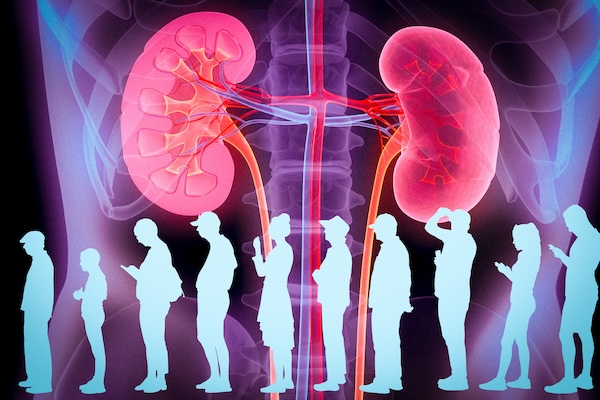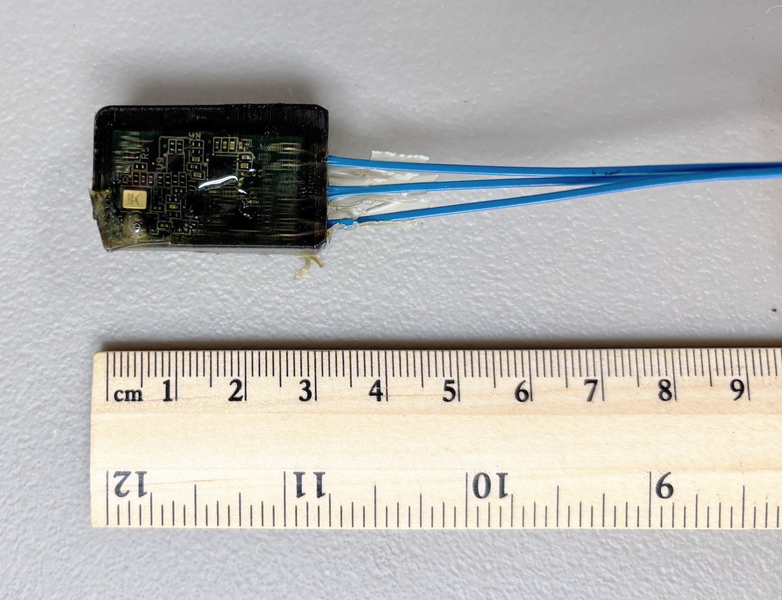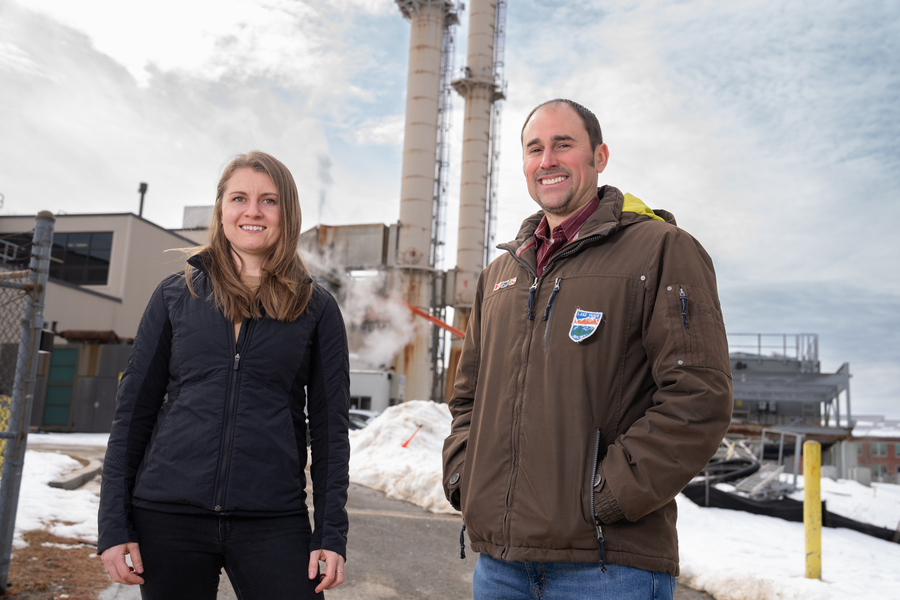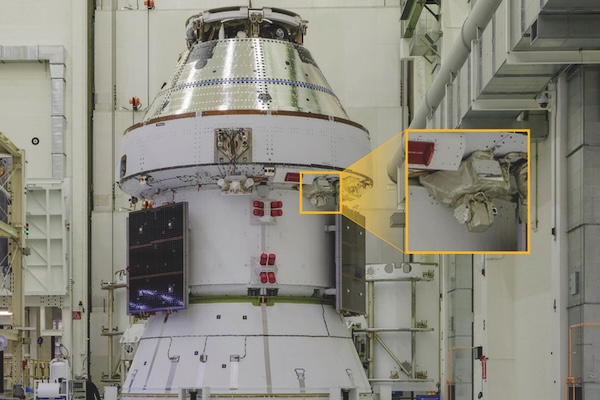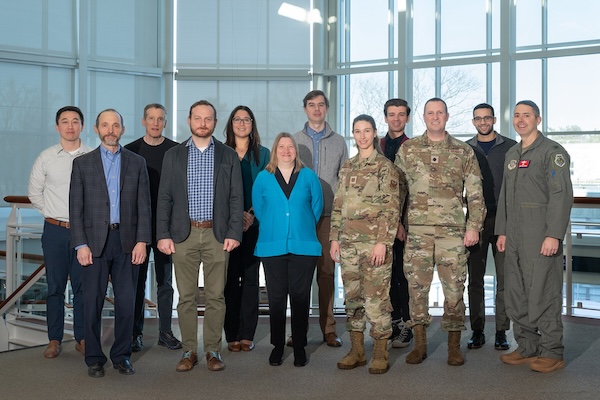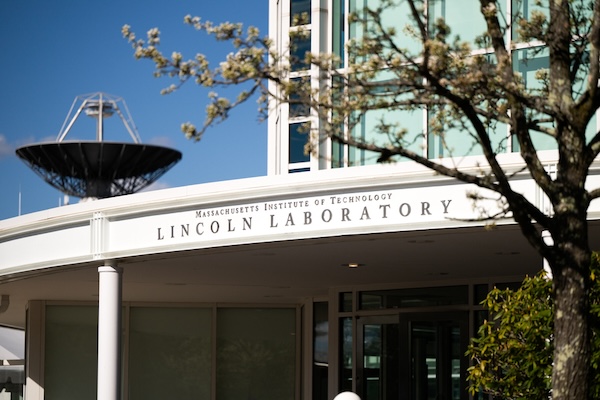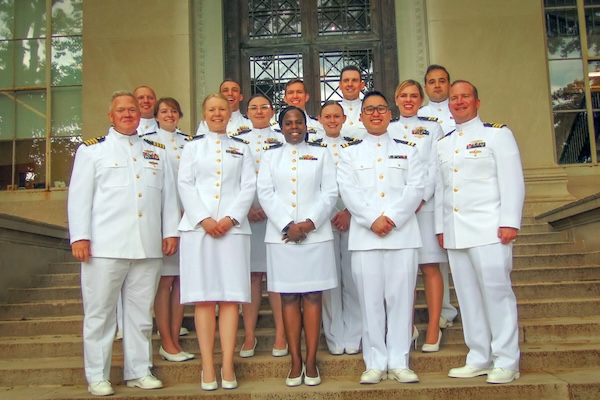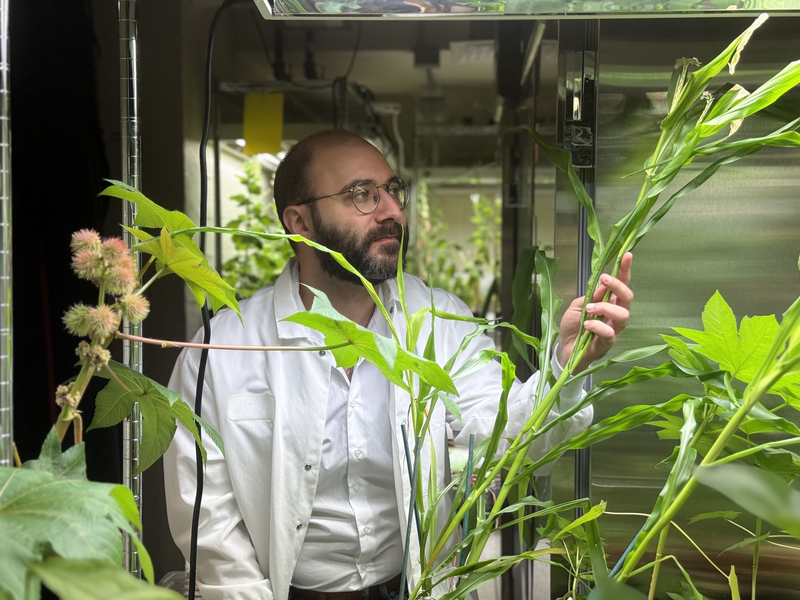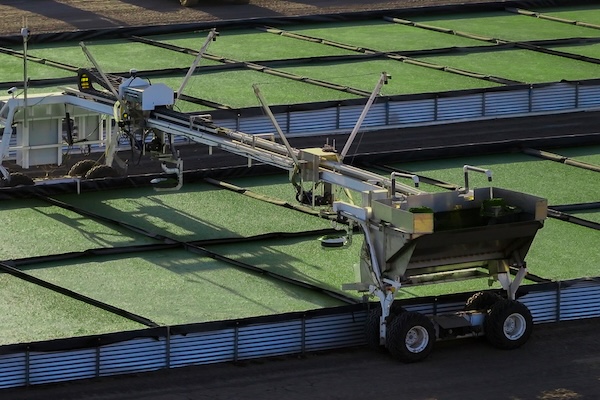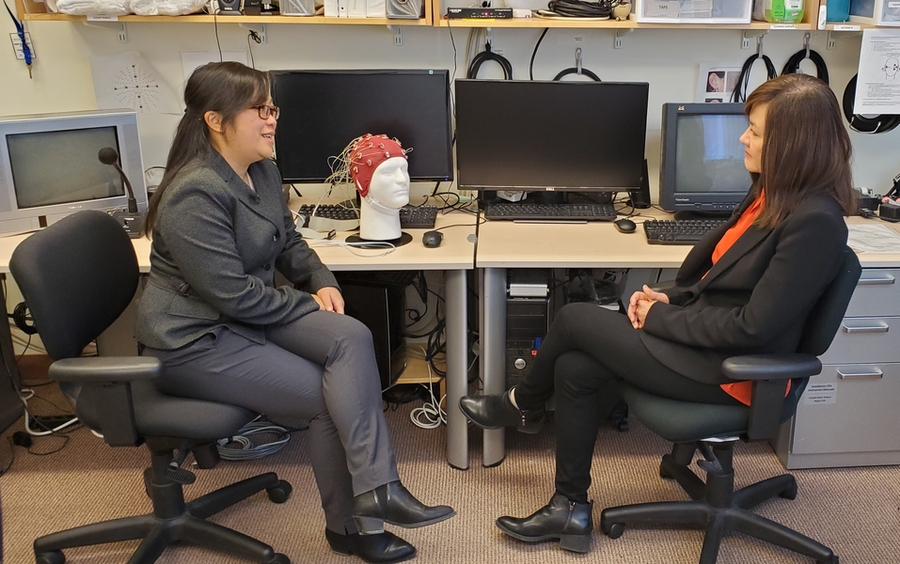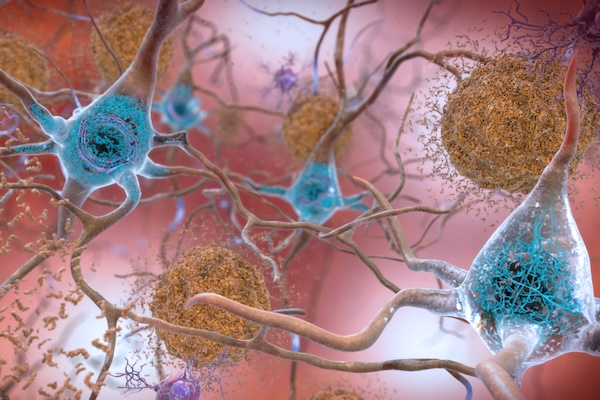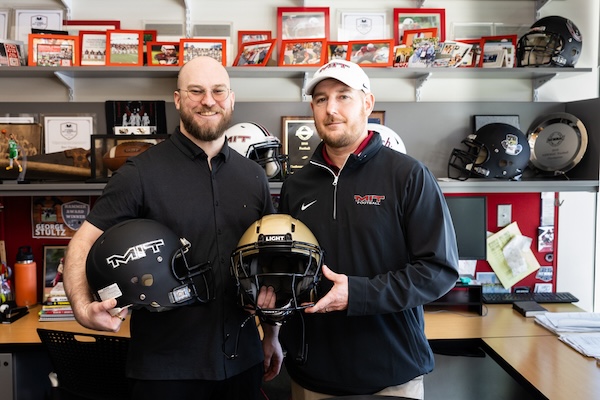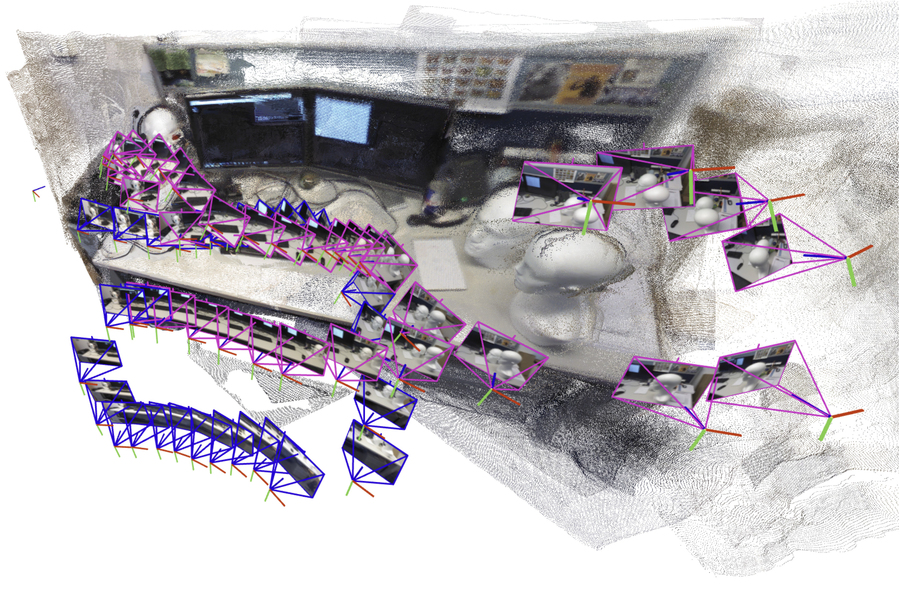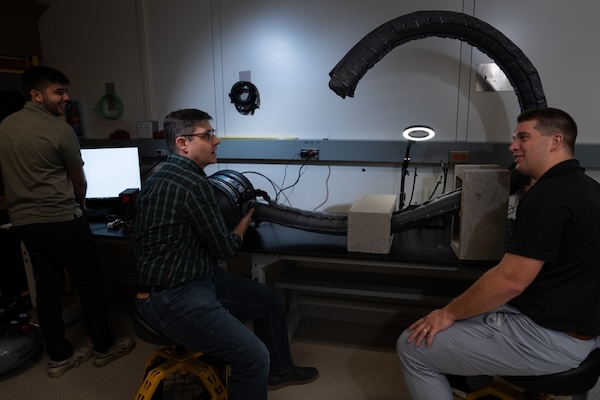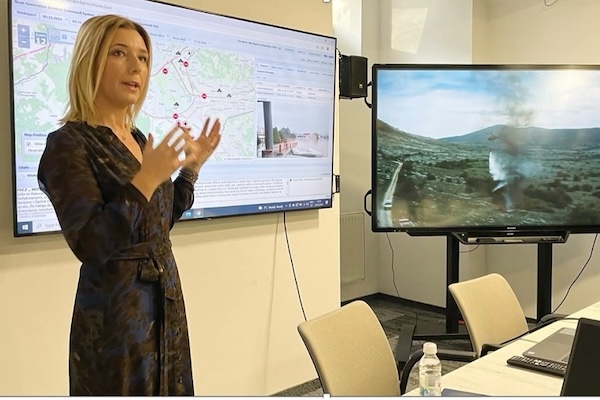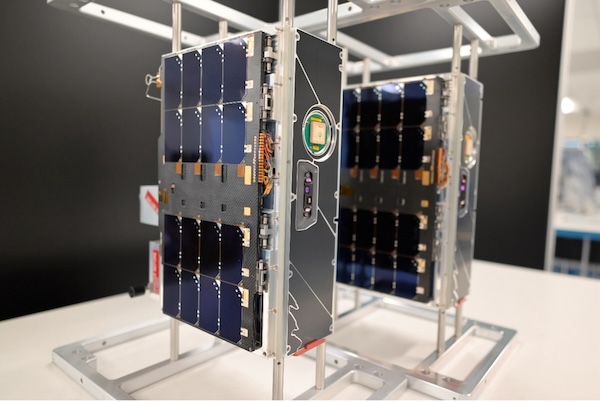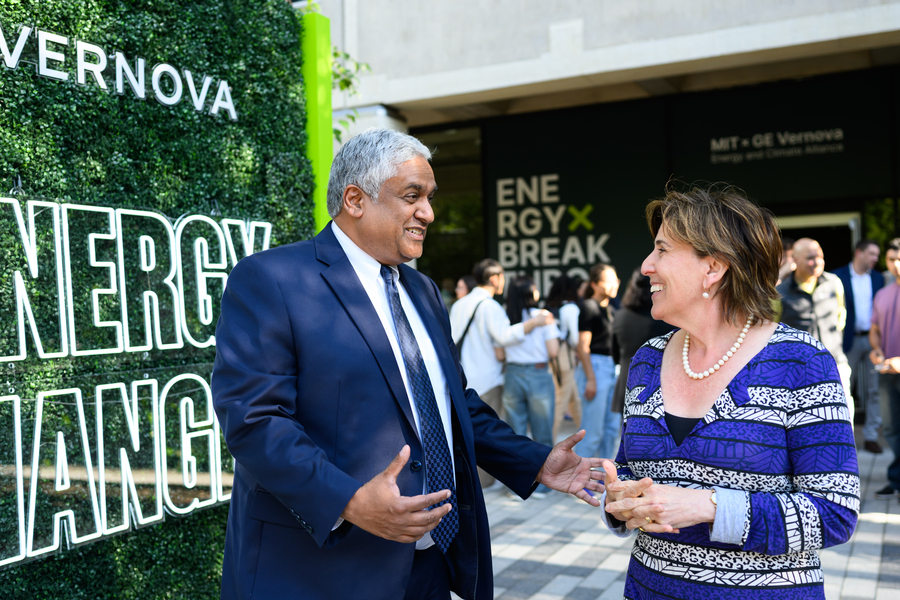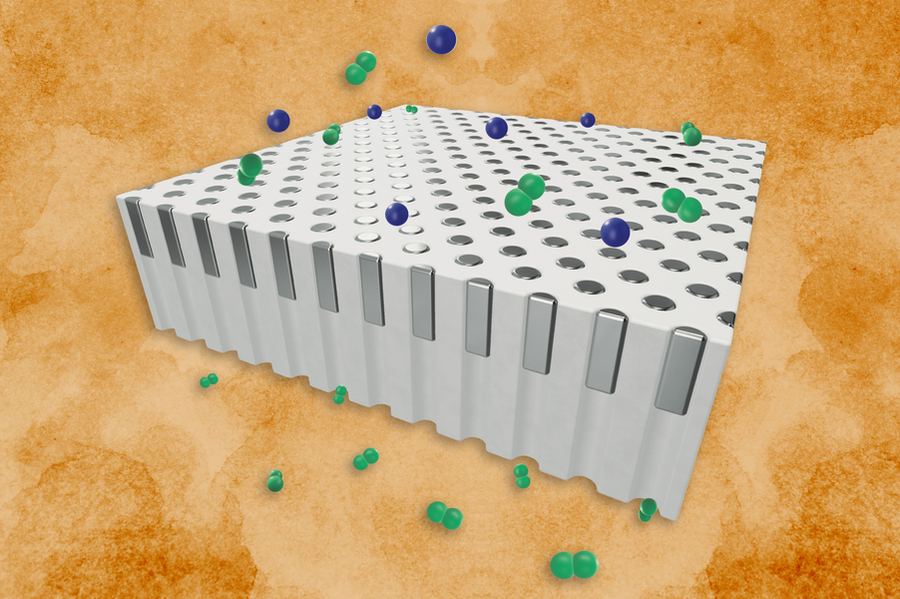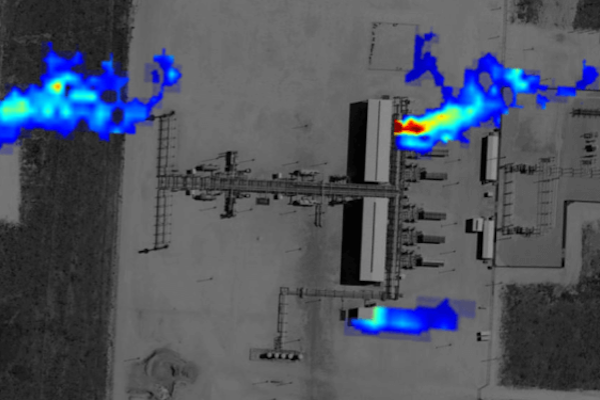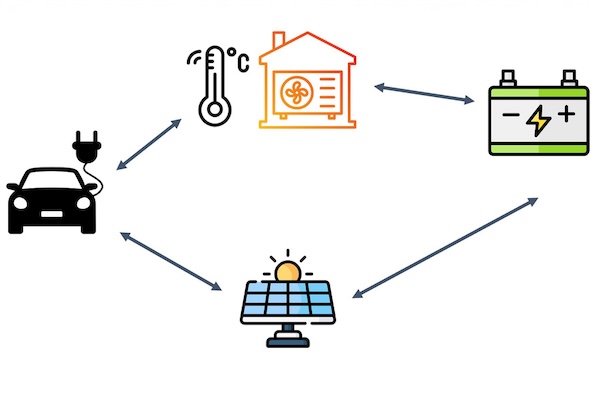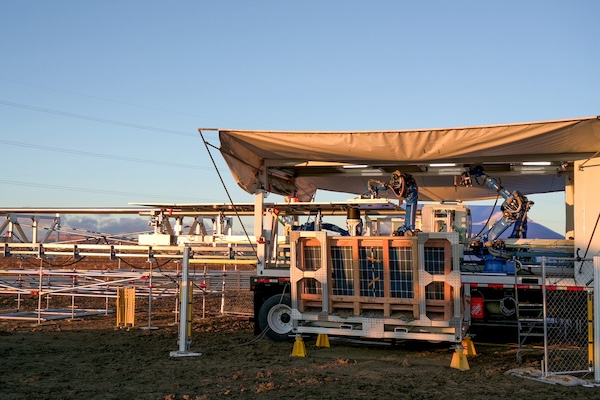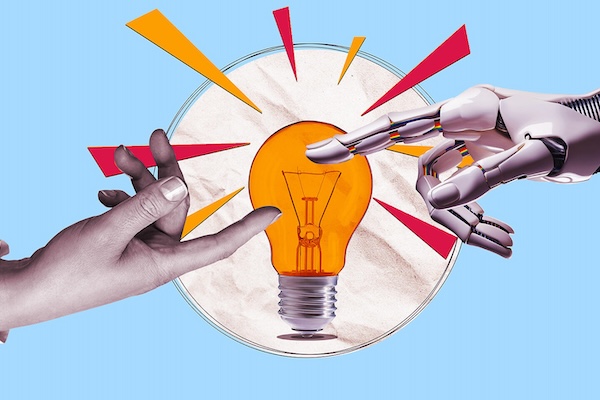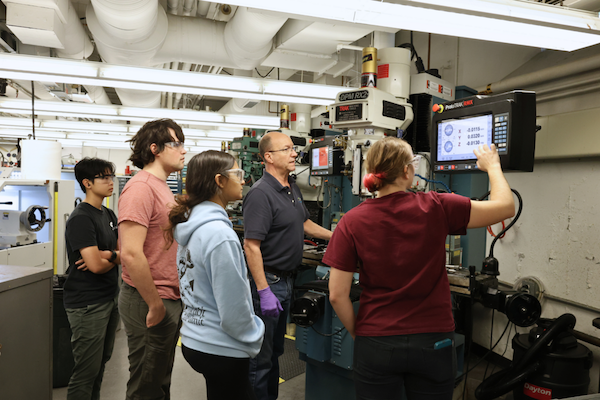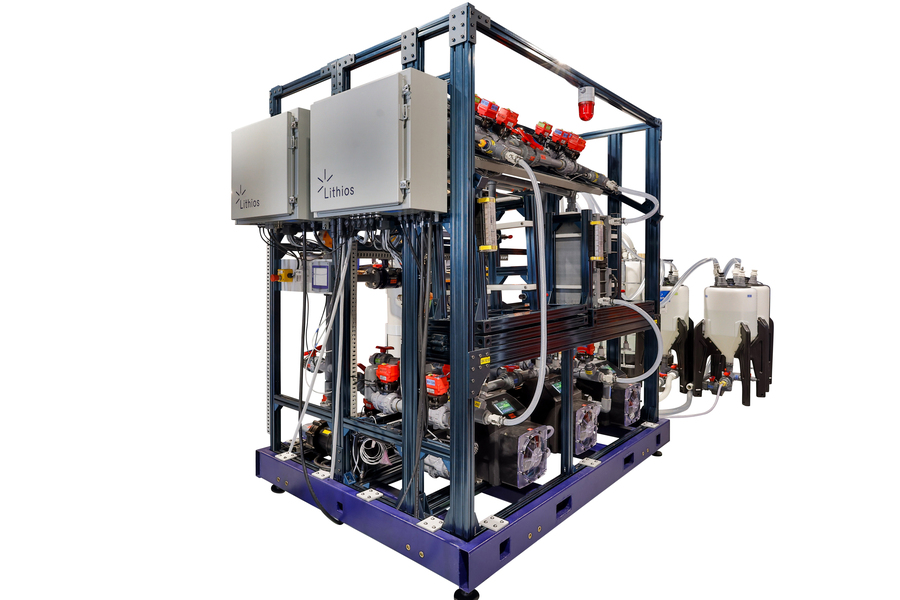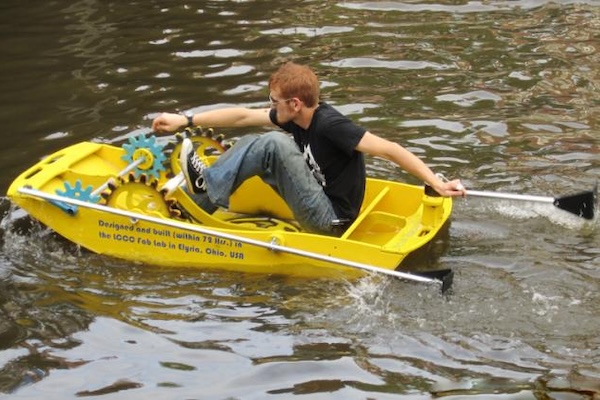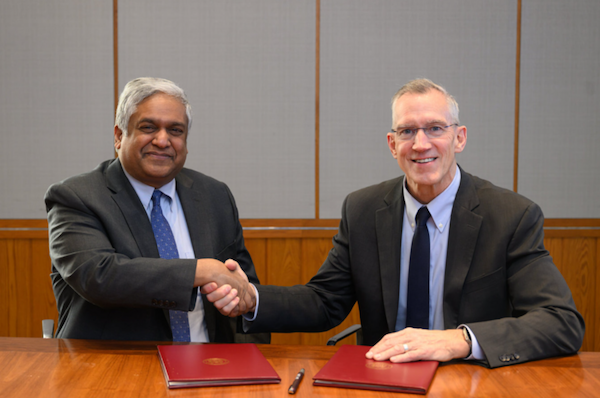At MIT, innovation is focused on real-world impact — advancing research that improves everyday life through better healthcare, smarter infrastructure, and transformative technologies. Federal support is essential to this work, helping MIT turn bold ideas into practical solutions while training the next generation of leaders and innovators who will shape a better future for all.
Research that Matters
Human Health
MIT study finds targets for a new tuberculosis vaccine
Researchers plan to develop vaccine candidates that they hope would stimulate a strong immune response against the world’s deadliest pathogen.
A new patch could help to heal the heart
MIT engineers developed a programmable drug-delivery patch that can promote tissue healing and blood vessel regrowth following a heart attack.
Turning on an immune pathway in tumors could lead to their destruction
MIT researchers show they can use messenger RNA to activate the pathway and trigger the immune system to attack tumors.
New nanoparticles stimulate the immune system to attack ovarian tumors
Targeted particles can jump-start T cells, allowing them to clear tumors while avoiding side effects.
Startup’s tablets deliver cancer drugs more evenly over time
An MIT team’s technology could allow cancer drugs to be delivered more steadily into the bloodstream, to improve effectiveness and reduce side effects.
A diet rich in the amino acid cysteine may promote regeneration of the intestinal lining
Findings from an MIT study may offer a new way to help heal tissue damage from radiation or chemotherapy treatment.
Technology originating at MIT leads to approved bladder cancer treatment
A system conceived in Professor Michael Cima’s lab was approved by the Food and Drug Administration after positive results in patients.
Novel approach to radiation therapy
Researchers have found that a specific protein may help cancer patients tolerate radiation therapy.
Smarter cancer therapies
A company founded by MIT researchers is pioneering an approach that could lead to more potent cancer treatments with fewer side effects.
Targeting tumors
Chemical engineers developed a way to mass manufacture nanoparticles that deliver cancer drugs directly to tumors.
Stopping the spread of tuberculosis
The findings of an MIT study provide new drug targets for stopping the infection’s spread.
Wearable device helps improve medical treatment
An innovative wearable device tracks individual blood cells to guide medical treatments.
Better radiologist reports
A new calibration method developed by MIT researchers can improve the accuracy of clinical reports written by radiologists.
Empowering hospitals
MIT is helping hospitals by providing free access to cutting-edge AI tools.
Better kidney transplant decisions
An MIT study could help policymakers analyze methods of matching donated kidneys and their recipients.
Read more about MIT’s research to improve human health.
National Security
Small, inexpensive hydrophone boosts undersea signals
MIT Lincoln Laboratory researchers designed the hydrophone using common micro-electromechanical systems (MEMS) parts for defense, industrial, and undersea research applications.
Power-outage exercises strengthen the resilience of US bases
Now mandated by law, Lincoln Laboratory’s blackout drills are improving national security and ensuring mission readiness.
Lincoln Laboratory technologies win seven R&D 100 Awards for 2025
Inventions that protect US service members, advance computing, and enhance communications are recognized among the year's most significant new products.
DOE selects MIT to establish a Center for the Exascale Simulation of Coupled High-Enthalpy Fluid–Solid Interactions
The research center, sponsored by the DOE’s National Nuclear Security Administration, will advance the simulation of extreme environments, such as those in hypersonic flight and atmospheric reentry.
AI for military logistics
MIT’s Lincoln Laboratory is transitioning tools to the 618th Air Operations Center to streamline global transport logistics.
A workhorse for national security
The U.S. Air Force and MIT have renewed their contract for operating the federally funded MIT Lincoln Laboratory, a long-standing asset for defense innovation and prototyping.
Safer airfield assessments
A U.S. Air Force engineer and MIT PhD student is using AI and next-generation imaging technology to detect pavement damage and unexploded munitions.
Building strong naval leadership
Through two programs at MIT, active duty naval officers gain the technical skills they need to lead projects in the Navy.
Helping the Air Force harness AI
The DAF-MIT AI Accelerator is designed to make fundamental advances in artificial intelligence to improve Air Force operations.
Read more about MIT’s contributions to national defense.
Agricultural Efficiency
Returning farming to city centers
A new MIT course teaches students about sustainable agriculture in urban areas.
Engineering next-generation fertilizers
An MIT postdoc harnesses plant chemistry to design sustainable fertilizers that could reshape modern farming.
Helping farmers address challenges
An MIT startup has built an automated system for growing plant-based feed and fertilizer using wastewater.
More efficient agriculture
With a new system developed at MIT, farmers could significantly cut their use of pesticides and fertilizers, saving money and reducing runoff.
Making agriculture more sustainable
A nitrogen product developed by an MIT professor is being used across millions of acres of American farmland.
Learn more about MIT’s research on agriculture.
Healthy Brains
Study suggests sensory stimulation may benefit some Alzheimer’s patients for years
Volunteers received 40Hz stimulation for around two years after an early-stage clinical study. Those with late-onset Alzheimer’s performed better on assessments than Alzheimer’s patients outside the trial.
Study explains how a rare gene variant contributes to Alzheimer’s disease
Lipid metabolism and cell membrane function can be disrupted in the neurons of people who carry rare variants of ABCA7.
Keeping aging brains healthy
MIT researchers are developing therapies to improve brain health and eradicate diseases like Alzheimer’s.
Safer football helmets
A former MIT linebacker led the development of a lightweight football helmet that’s been rated the safest ever tested.
Potential new Alzheimer’s treatment
A new peptide blocks a hyperactive brain enzyme that contributes to the neurodegeneration seen in Alzheimer’s.
Read more about MIT’s research on brain and cognitive sciences.
Disaster Response
Teaching robots to map large environments
A new approach developed at MIT could help a search-and-rescue robot navigate an unpredictable environment by rapidly generating an accurate map of its surroundings.
Robots for emergency response
SPROUT, developed by researchers at MIT Lincoln Laboratory and elsewhere, is a vine robot capable of navigating under collapsed structures.
Streamlined emergency response
First responders worldwide have adopted MIT Lincoln Laboratory's Next-Generation Incident Command System for enhanced situational awareness and coordination during emergencies.
Hurricane-tracking satellites
MIT Lincoln Laboratory has been recognized for excellence in commercializing small microwave sounders expected to improve weather forecasts.
Read more about MIT’s contributions to disaster response technologies.
Energy Resilience
MIT-GE Vernova Climate and Energy Alliance
Five-year collaboration between MIT and GE Vernova aims to accelerate the energy transition and scale new innovations.
Fighting for the health of the planet with AI
An MIT assistant professor’s research applies machine learning to optimize renewable energy.
New prediction model could improve the reliability of fusion power plants
The approach combines physics and machine learning to avoid damaging disruptions when powering down tokamak fusion machines.
Cheaper, more efficient generation of hydrogen fuel
A novel design of palladium filters allows the membranes to withstand high temperatures.
Lidar helps gas industry find methane leaks and avoid costly losses
Lincoln Laboratory transitioned its optical-amplifier technology to Bridger Photonics for commercialization, enhancing US energy security and efficiency.
Boosting power grid resilience
MIT engineers have proposed a new “local electricity market” where rooftop panels, EV chargers, and smart thermostats could chip in to boost power grid resilience.
More efficient solar projects
Charge Robotics, founded by MIT alumni, has created a system that automatically assembles and installs completed sections of large solar farms.
Grid-scale energy storage
New research has found that liquid air energy storage could be the lowest-cost option for ensuring a continuous power supply on a future grid.
Read more about MIT’s research on energy.
Future of Work
New AI agent learns to use CAD to create 3D objects from sketches
The virtual VideoCAD tool could boost designers’ productivity and help train engineers learning computer-aided design.
Human-AI cooperation
Researchers at the MIT Center for Collective Intelligence found that the combination of AI and humans working together holds the most promise.
Training aerospace engineers
In an MIT class, students design, build, and test an electric turbopump for a rocket engine, facing challenges they will experience as practicing engineers.
Streamlining logistics
With machine learning, researchers developed a faster way to streamline processes like scheduling trains, routing delivery drivers, or assigning airline crews.
Read more about MIT’s research on the future of work.
Manufacturing and Entrepreneurship
MIT startup aims to expand America’s lithium production
A company founded by an MIT alumnus and a professor is scaling up an electrochemical lithium extraction technology to secure supply chains of the critical metal.
Battery-powered appliances make it easy to switch from gas to electric
A company started by an MIT alumnus offers electric kitchen ranges that plug into standard wall outlets, with no electrical upgrades required.
New software designs eco-friendly clothing that can reassemble into new items
To reduce waste, a program developed at MIT helps users create outlines for adaptable clothing, such as pants that can be reconfigured into a dress. Each component of these pieces can be replaced, rearranged, or restyled.
A new MIT AI tool makes it easier to check the quality of materials
Acting as a “virtual spectrometer,” SpectroGen generates spectroscopic data in any modality, such as X-ray or infrared, to quickly assess a material’s quality.
Addressing global waste
Alumni entrepreneurs are applying MIT know-how to keep goods out of landfills, reduce energy costs in recycling, and provide safe sanitation.
Bringing manufacturing back
A collaborative network of makerspaces has spread from MIT across the country, helping communities make their own products.
Collaboration on essential chips for AI
An MIT research collaboration aims to deliver power efficiencies for data centers and ultra-low power consumption for intelligent devices at the edge.
Read more about MIT’s contributions to manufacturing, innovation and entrepreneurship.
Bottom Line
MIT drives American innovation through visionary research, technological breakthroughs, and its powerful impact on the economy.
